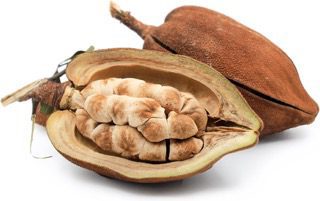

It is important to never let dogs consume Malabar chestnuts due to their high-fat content. These fats primarily contain cyclopropene fatty acids, which can be poisonous to dogs.
The consumption of Malabar chestnuts by dogs can be dangerous due to the presence of toxic cyclopropene fatty acids.
Malabar chestnuts, also known as Pachira aquatica or the money tree, is a tropical plant that produces chestnut-like seeds. The tree is native to Central and South America but is now grown in many other regions due to its ornamental appeal. However, it is important to note that Malabar chestnuts should never be given to dogs due to their high-fat content. These fats contain cyclopropene fatty acids, which can be toxic and harmful to dogs.
Unfortunately, there are no known benefits of Malabar chestnuts for dogs. If you suspect that your dog has accidentally consumed any part of the Malabar chestnut plant, contact your veterinarian immediately.
As mentioned before, the high-fat content and toxicity of the Malabar chestnut plant make it extremely dangerous for dogs to consume. Therefore, it is not affordable and easy to access for dogs.
To play it safe, opt for dog-friendly fruits and vegetables such as apples or carrots as healthy snack options for your furry friend. Kale and blueberries are also great choices for a nutritional boost in your dog's diet.
Have you ever had an experience with your dog eating something they shouldn't have? Share your story in the comments below. Always put your dog's health first and keep them away from harmful foods.